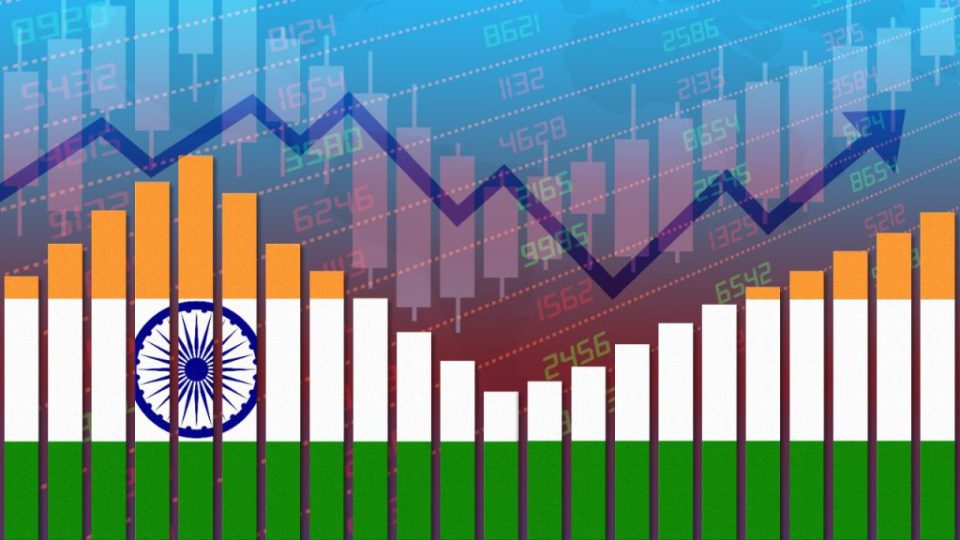Asian stocks experienced gains on Friday, following a significant rally on Wall Street driven by optimistic U.S. jobs data that alleviated concerns over a slowing economy.
U.S. futures and oil prices also saw increases.
Earlier this week, weaker-than-expected U.S. employment data had heightened fears of an economic slowdown, compounded by prolonged high interest rates from the Federal Reserve. This led to a global market sell-off, further exacerbated by investors unwinding their yen carry trades.
In Tokyo, the Nikkei 225 climbed 1.6% to 35,380.23, buoyed by a weaker yen, which tends to support Japanese stocks. The yen depreciated slightly to 147.15 per U.S. dollar from 147.24 yen. The euro was priced at $1.0924, up from $1.0918.
China reported higher-than-expected inflation for July, with the consumer price index rising 0.5% year-over-year, driven by stable food prices.
The Hang Seng index in Hong Kong rose 1.9% to 17,211.26, while the Shanghai Composite edged up 0.2% to 2,876.51. South Korea’s Kospi increased 1.5% to 2,595.50, and Australia’s S&P/ASX 200 gained 1.4% to 7,792.80.
Taiwan’s Taiex surged 3.4%, with Taiwan Semiconductor Manufacturing Co. up 3.6%, reflecting the rally in Big Tech stocks on Wall Street. The SET in Bangkok advanced 0.5%.
On Thursday, the S&P 500 surged 2.3% to 5,319.31, its best performance since 2022, reducing its weekly losses to 0.5%. The Dow Jones Industrial Average rose 1.8% to 39,446.49, and the Nasdaq Composite increased 2.9% to 16,660.02, with notable contributions from Nvidia and other tech giants.
Treasury yields also rose, signaling improved investor confidence following a better-than-expected U.S. unemployment benefits report. The S&P 500 remains nearly 10% below its all-time high but is within about 6% of its peak after Thursday’s rebound.
Market analysts suggest that recent fluctuations resemble a “positioning-driven crash” rather than a prolonged downturn. This pattern is more akin to the 2010 “flash crash” than the 2008 financial crisis or the 2020 pandemic recession.
Meanwhile, major U.S. corporations continue to report stronger-than-expected earnings. Eli Lilly surged 9.5% after reporting higher profits and revenues, driven by strong sales of its diabetes and weight-loss treatments.
In the bond market, the 10-year Treasury yield rose to 3.99% from 3.95%.
In energy markets, benchmark U.S. crude rose 16 cents to $76.35 per barrel, while Brent crude increased 10 cents to $79.36 per barrel.

